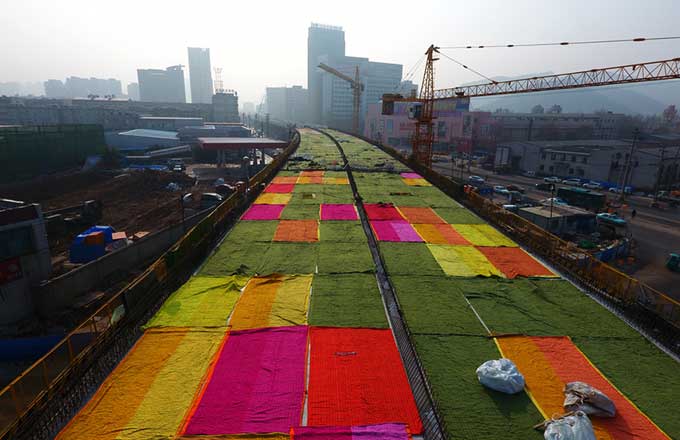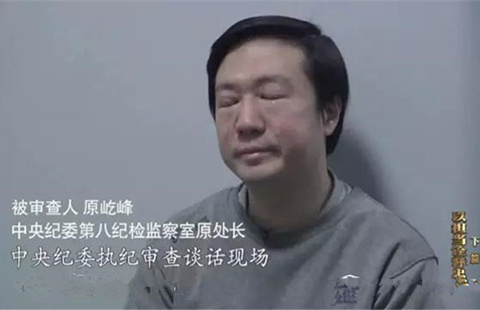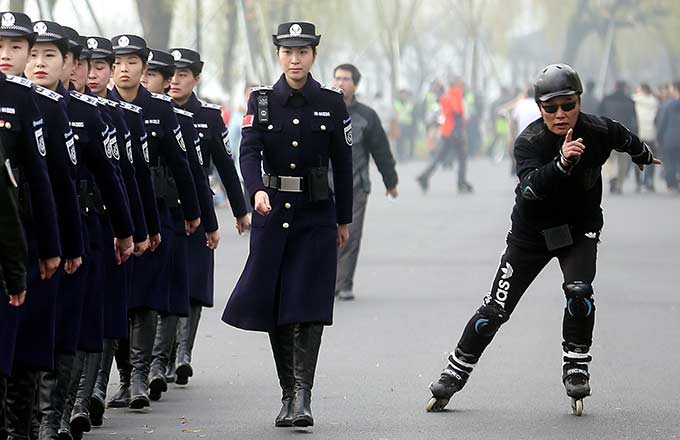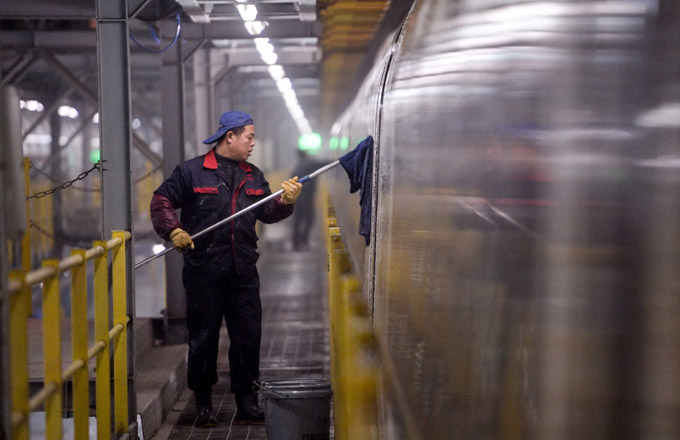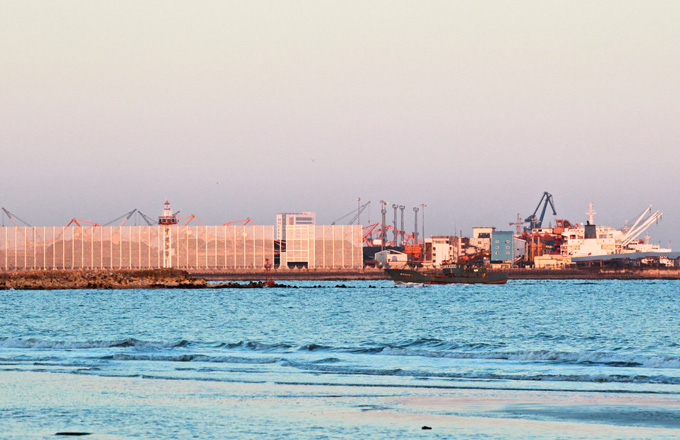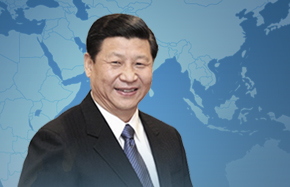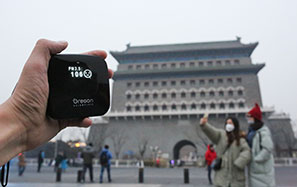Beijing pollution fight 'greater than for Olympics'
A leading figure of the Beijing Olympics said the capital is doing more to ensure blue skies than it did for the historic event.
"We went all out to improve the environment and had 'truly exceptional Games' in 2008," said Ji Lin, who was head of venue construction for the Olympics.
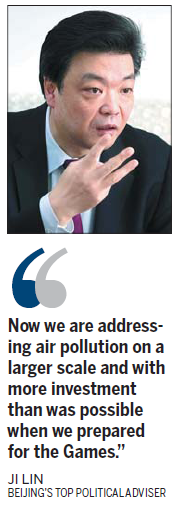
"Now we are addressing air pollution on a larger scale and with more investment than was possible when we prepared for the Games."
In addition to capping coal consumption in Beijing, the city is seeking to get neighboring Tianjin, Hebei and Shanxi to rally behind the fight against pollution, Ji, chairman of the capital's top advisory body, the Beijing Committee of the Chinese People's Political Consultative Conference, told China Daily.
The conversion to gas of coal-burning boilers, each producing less than 20 metric tons of steam per hour, was completed in the capital last year, he said.
These boilers supplied heating for about 200,000 households, the Beijing News reported in January.
"By the end of next year, we'll have transformed the remaining 33 larger coal-burning boilers, which, together with last year's effort, means an additional use of 600 million cubic meters of natural gas and a reduction of coal by 900,000 tons a year," said Ji, a member of the National Committee of the CPPCC, the country's top advisory body.
The transformation will slash sulfur dioxide by 3,500 tons a year and nitrogen oxide by 2,250 tons, Ji said. Both are major pollutants tainting Beijing skies.
"We were not ready to do this before, or in, 2008, since we didn't have the resources - natural gas, for one thing, was not in ample supply," he said.
Experts have blamed Beijing's smog-inducing fine particles, known as PM2.5, on emissions from coal-burning power plants, heating stations and vehicle exhaust.
The capital experienced one of the longest stretches of smoggy days in years last month. And again last week, Beijing residents gazed into the sky only to see a blanket of suffocating smog.
"In tackling air pollution, it's fair to say that we've attached great importance to the issue, and we'll lay more emphasis on it; we've worked hard, and we'll work harder," Ji, a former vice-mayor, said.
The government is launching four mega-projects to set up periphery power generation and heating centers on the four sides of the city, he said.
- Advisory body sets sights on pollution
- China wants helping hands to combat air pollution
- Lawmaker calls for pollution liability insurance law
- Guangdong officials who fail pollution target not promoted
- Joint efforts needed on pollution: expert
- Regional efforts may not fix air pollution
- 60m yuan for pollution health research
- Government urged to curb pollution
- Polluters might face bigger fines
- Shanghai clamps down on noise pollution




